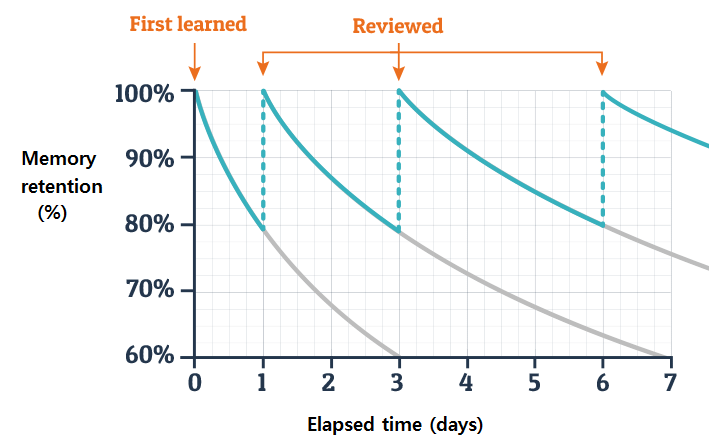Python Skill Sprints for Your organisation

Whilst ubiquitous in modern business, spreadsheets suffer from some fatal flaws which make them inappropriate for many of the tasks that we use them for. Spreadsheets become very error-prone if they exist for any length of time and re-running calculations on complex sheets can take a long time to complete - frustrating the efforts of your staff and reducing insight. There are also hard limits on the size of spreadsheets.
Already the world’s most popular programming language; the popularity of Python is still growing much faster than any other. With an excellent set of add on modules, python is extremely versatile and easy to use. It’s free to use with an open-source licence. Python can process virtually unlimited amounts of data efficiently and accurately. Using Python is much safer and less error-prone than Excel as it allows us to separate our data from our logic and gives us amazing advancements in the way people collaborate.
Investing in new skills for your employees is a tricky proposition. The ground is not always fertile for such initiatives and, if the employee is not able to practice their new skills as soon as they return from the course - the new knowledge is lost almost immediately. Our efforts to learn new things are forever frustrated by what psychologists call the forgetting curve.

We can effectively combat the forgetting curve by ensuring that new knowledge is used the moment it is learnt. By delivering value immediately the learner is forced to immediately review.
Skill Sprints are designed to provide a concrete transformation of a business process within a training and coaching environment. Under the close guidance of the Skill Sprint leader, the participants deliver something small but useful to the business. Whilst the Skill Sprint leader will be available to support and advise - ownership will remain with the participants after the Skill Sprint ends.
Skill Sprints ensure that introducing a new technology happens in a structured and predictable way with clear responsibilities at every stage. Skill Sprints are discrete operations which are designed to ensure that stakeholders are equipped to make real decisions.